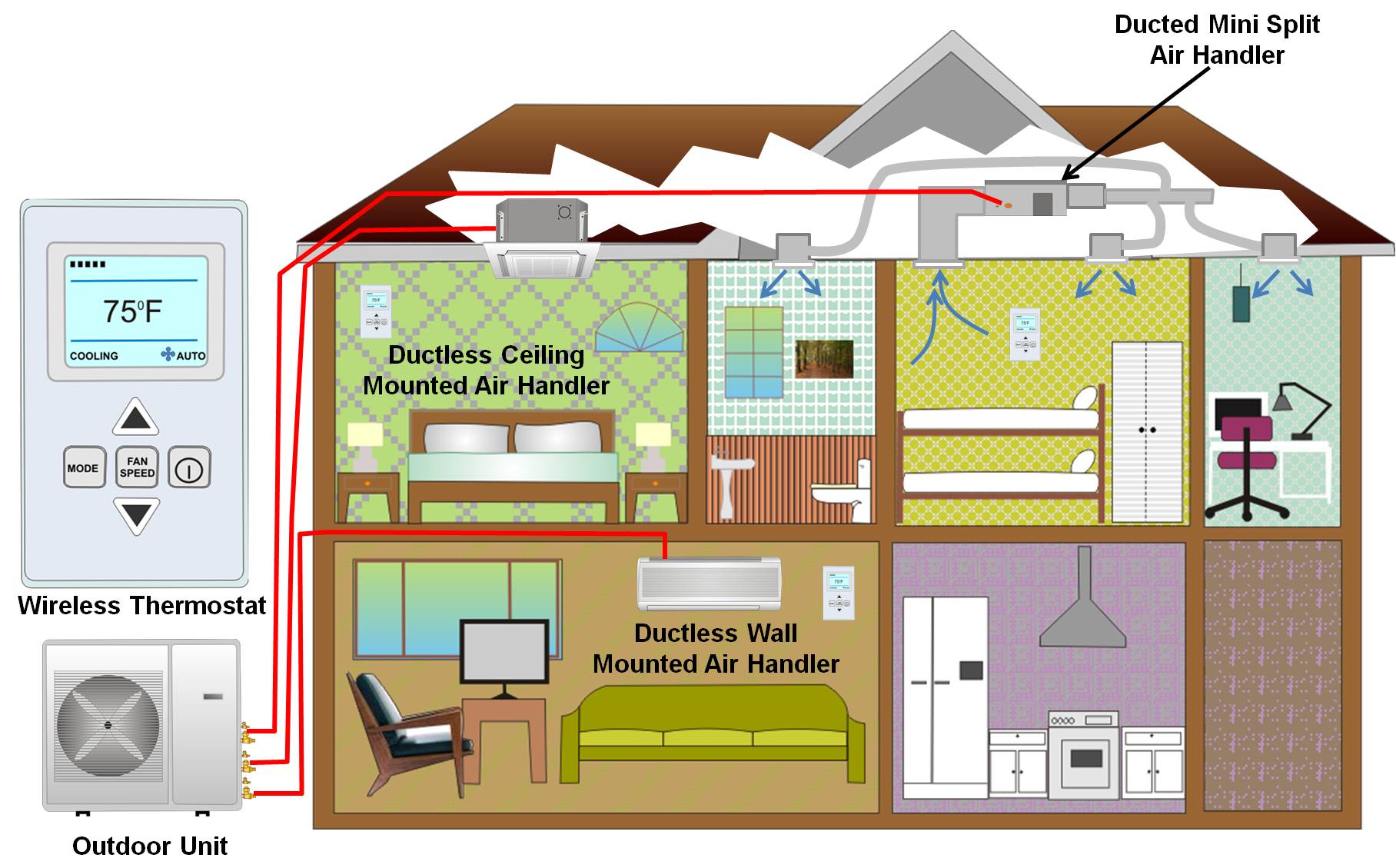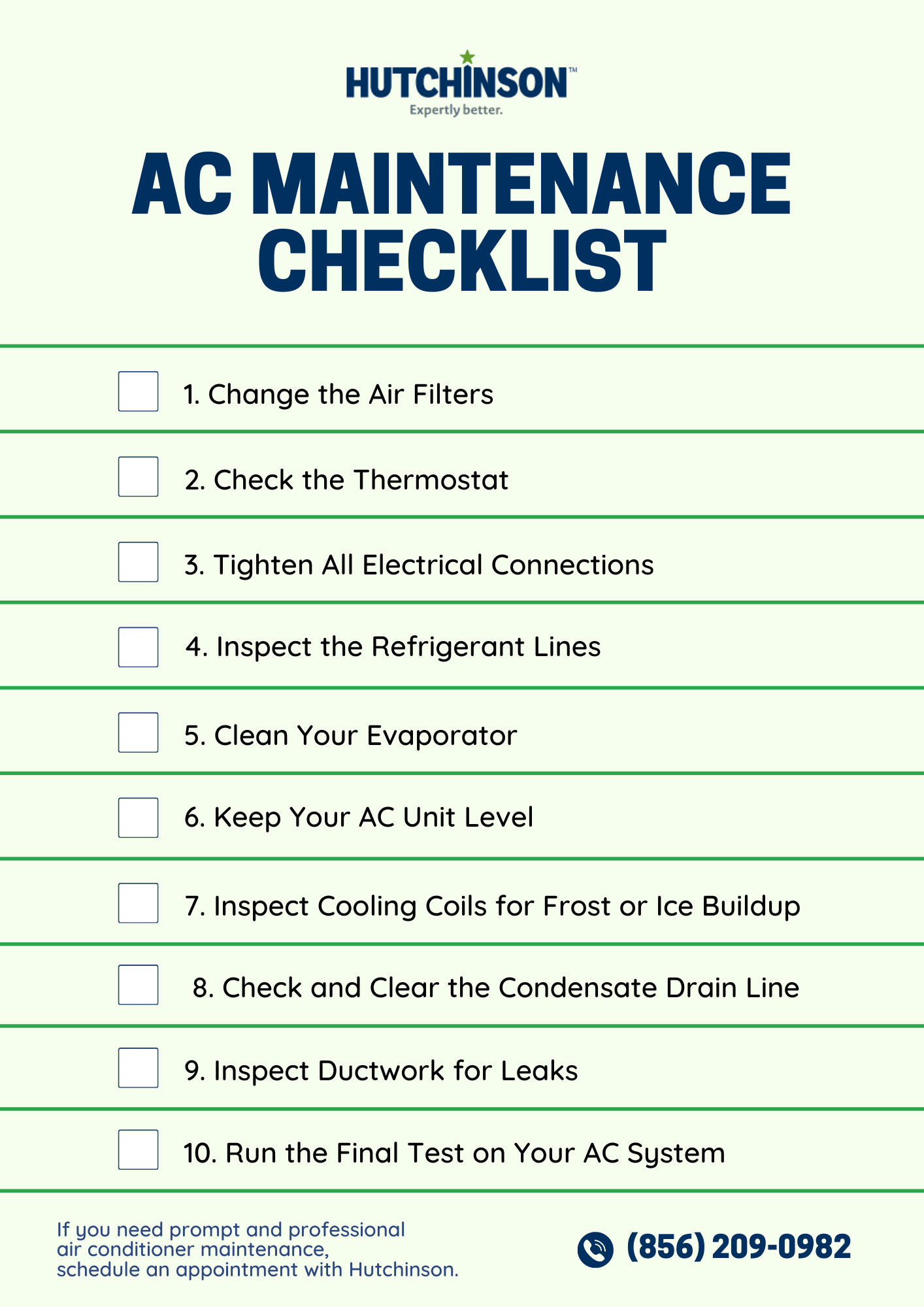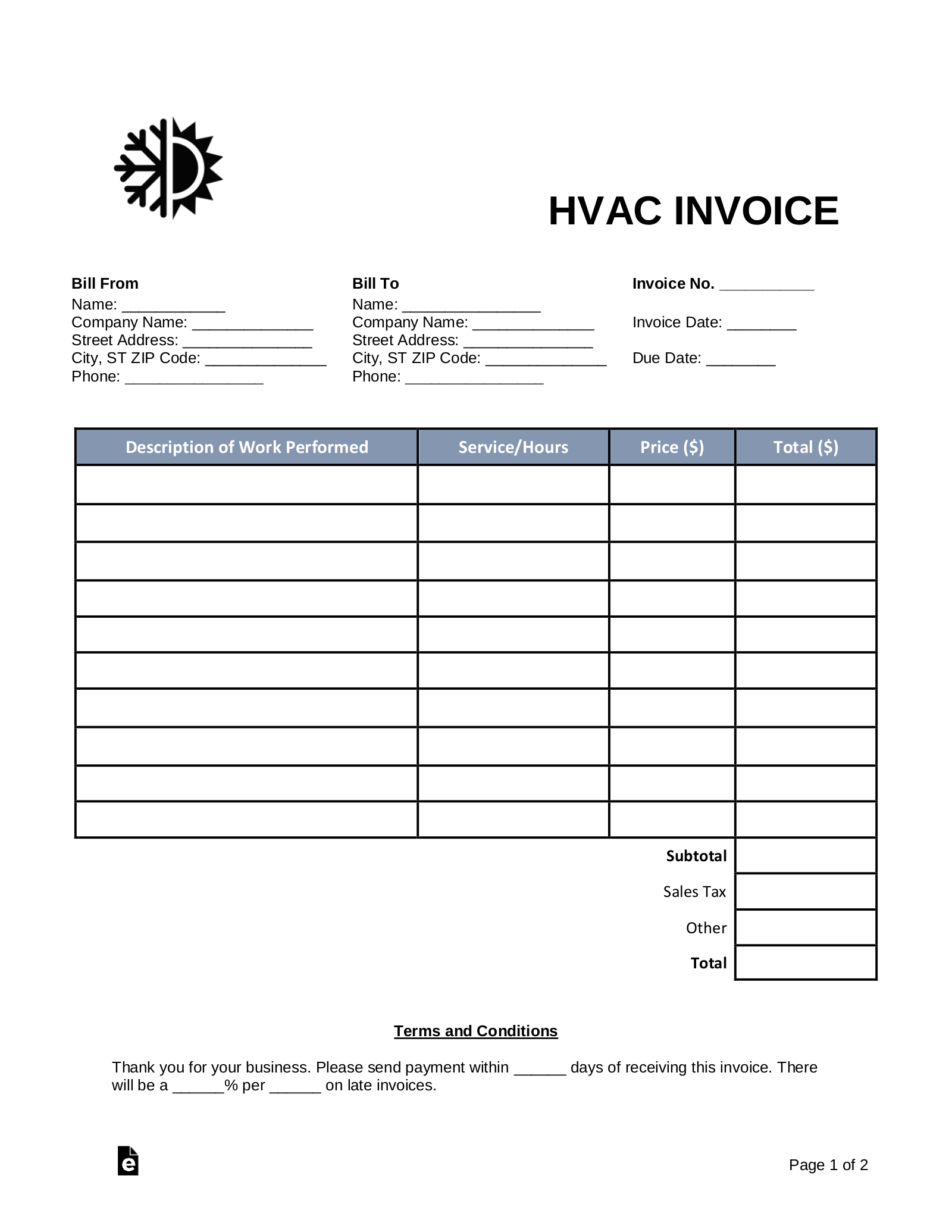Did you understand that around 75% of homeowners experience air conditioning sound issues at some point? When your a/c starts making unusual audios, it can be fairly turbulent to your tranquility and convenience.
From rattling and humming to squealing and banging, these noises can indicate underlying problems that require attention. Determining the source of the noise is crucial for reliable repairs and guaranteeing your ac unit operates efficiently.
So, if you're tired of putting up with aggravating air conditioner sounds disrupting your harmony, there are options available.

Key Takeaways
- Normal upkeep is essential to attend to usual air conditioner noise resources like ductwork problems and faulty motors.
- Address shaking sounds by checking for loose components, keeping fan motors, and including resonance isolation pads.
- Squealing and banging sounds can be resolved by checking belts, follower blades, and compressor coils for problems.
- Repair work AC sound issues by performing aesthetic examinations, carrying out soundproofing methods, and fixing for obstructions.
Common A/c Sound Resources
If your air conditioning system is making uncommon noises, it could be due to one of several usual sources.
One constant perpetrator is issues with the ductwork. Gradually, air ducts can create leaks, loose links, or perhaps obstructions. These problems can trigger air to move unevenly, resulting in whistling or rattling sounds. A complete ductwork inspection by an expert can assist identify and rectify these problems, recovering your system's smooth procedure.
Another typical source of sound in a/c systems is a malfunctioning electric motor. The electric motor is a critical part that drives the fans and other relocating components within the system. If the electric motor is worn or damaged, it can create grinding, screeching, or clunking sounds. In such instances, electric motor replacement may be essential to eliminate the source of the disturbance. Regular maintenance and punctual electric motor substitute when needed can help keep your a/c system running silently and successfully.
Detecting Rattling and Buzzing Appears
To deal with rattling and humming sounds in your a/c system, begin by inspecting the elements that might be causing these noises, such as loose components or damaged components. Vibration isolation is type in dealing with these concerns. Look for any loosened screws, screws, or panels that may be shaking versus each other throughout operation. Tightening these can commonly minimize the rattling noises.
Additionally, examine the follower motor for any signs of deterioration. Regular fan electric motor upkeep, such as lubrication and cleansing, can help in reducing humming sounds triggered by friction or malfunction.
If the rattling continues after checking and tightening up elements, take into consideration including vibration isolation pads or installs to take in the excess resonances. These pads act as a buffer in between the vibrating parts, lowering the noise. Bear in mind that resolving these noises without delay can avoid more damages to your cooling system and ensure its peak performance.
Addressing Screeching and Banging Noises
When attending to squealing and banging sounds in your cooling system, start by recognizing the resource of the noises with a comprehensive examination of the unit's elements. Inspect the belt tension in addition to the motor bearings, as loosened belts or worn-out bearings can cause squealing noises. Evaluate the fan blade for any kind of blockages or problems that may cause banging sounds when the follower turns. Furthermore, examine the compressor coil for any debris or concerns that could be creating the sounds.
To address squealing noises connected to belt tension, readjust the stress adhering to the producer's guidelines to make sure it's within the advised array. If the motor bearings are the wrongdoer, take into consideration lubricating them ideally; or else, they might need to be replaced. For banging sounds caused by fan blade issues, repair or replace the damaged blades immediately. When it involves the compressor coil, cleaning it extensively can frequently solve any kind of noise-related problems. By dealing with these prospective sources of squealing and banging noises, you can restore your cooling system to its finest operating state.
Tips for Fixing A/c Noise
When confronted with a/c sound concerns, begin by conducting an aesthetic assessment of the device's parts for any visible signs of damages or wear. Search for loosened components, worn-out belts, or debris that might be triggering the sound. If you discover any concerns, make certain to tighten up loosened elements, replace damaged parts, and clear out any type of debris to see if the noise improves.

To deal with air conditioning sound troubles, consider soundproofing methods to decrease the sound transmission from the device. Shielding the walls around the unit, mounting soundproofing panels, or placing rubber pads below the device can assist wet the noise effectively.
Regular maintenance is vital to avoid cooling sound. Be particular that the unit is clean, oiled, and well-maintained to reduce prospective issues. Repairing actions like inspecting the follower blades and electric motor for any obstructions can also assist identify and take care of noise troubles. For small problems, DIY remedies such as tightening up screws or changing elements might settle the noise without the need for specialist assistance.
Ensuring Efficient Air Conditioning Operation
Ensure your air conditioning runs successfully by organizing regular maintenance checks and maintaining the system clean and well-lubricated. Guaranteeing your a/c system operates at its best not only minimizes noise yet also lowers energy usage. To accomplish this, apply sound decrease strategies such as positioning resonance pads under the system to wet sound transmission and guaranteeing all components are safely tightened. In addition, clean or replace air filters on a regular basis to avoid air movement clogs that can stress the system and boost noise degrees.
Energy intake optimization is important for reliable AC operation. Establish your thermostat to an appropriate temperature level to stay clear of straining the system. Utilize ceiling followers to help flow trendy air more effectively, allowing you to raise the thermostat somewhat without compromising convenience. Take into consideration mounting a programmable thermostat to adjust temperature levels immediately when you're away. By complying with these techniques, you can keep a comfy interior environment while reducing power expenses and sound degrees.
Regularly Asked Questions
Can Air Conditioning Noise Levels Impact the Quality of Indoor Air?
High a/c noise levels can influence indoor air quality by contributing to sound pollution, which can affect your health.
To resolve this, consider soundproofing options to lower the noise from your air conditioning unit.

Exists a Correlation Between Cooling Noise and Energy Effectiveness?
When it pertains to air conditioning noise and power efficiency, there's certainly a connection.
The loud noises produced by your air conditioning system can show inefficiencies that result in increased power consumption. ac vent cleaning
By addressing and lowering the noise pollution, you can boost the general performance of your system.
Exactly How Can I Lower A/c Sound Without Jeopardizing the Air Conditioning Performance?
To lower air conditioning sound without jeopardizing cooling efficiency, consider soundproofing options like acoustic insulation.
You can enhance performance by tuning the system for effectiveness while dampening undesirable sounds.
Attempt guaranteeing all components are appropriately set up and kept, and look for loose components that could be creating extreme sound.
Exist Any Type Of Details Laws or Standards Pertaining To Acceptable Noise Levels for Cooling Units?
When it pertains to cooling units, there are specific policies and standards in place to guarantee conformity with appropriate noise levels. These requirements aid endure a comfortable atmosphere without causing disturbances.
Laws regarding noise degrees for a/c units differ depending upon place, however generally focus on reducing sound discharges to a degree that does not interrupt everyday activities. It is essential to be conscious of these standards to make sure your unit meets the necessary requirements.

What Are Some Long-Term Upkeep Tips to stop A/c Noise Issues in the Future?
To prevent a/c noise issues lasting, see to it you stay with normal maintenance. Tidy or replace filters, look for loosened parts, and maintain the unit tidy.
Consider soundproofing methods like adding insulation around the device. By remaining on top of upkeep and taking actions to lower noise, you can appreciate a quieter and extra efficient air conditioning system in the future.
Final thought
Since you have actually identified the usual resources of cooling noise and found out how to detect and fix them, you can enjoy a quieter and more efficient cooling system.
Keep in mind to on a regular basis look for any unusual noises and address them immediately to avoid any type of additional damages.
By dealing with your a/c system, you can ensure it runs efficiently and effectively for years to find.
